-
- Global - English
-
- Argentina - Spanish
-
- Australia - English
-
- Austria - German
-
- Belgium - English
-
- Brazil - Portuguese
-
- Canada - English
-
- Canada - French
-
- Chile - Spanish
-
- Colombia - Spanish
-
- Denmark - Danish
-
- Finland - English
-
- France - French
-
- Germany - German
-
- Hong Kong SAR - English
-
- India - English
-
- Indonesia - Indonesian
-
- Ireland - English
-
- Italy - Italian
-
- Japan - Japanese
-
- Jordan - English
-
- Malaysia - English
-
- Mexico - Spanish
-
- Netherlands - Dutch
-
- New Zealand - English
-
- Norway - Norwegian
-
- Oman - English
-
- People’s Republic of China - Chinese
-
- Peru - Spanish
-
- Philippines - English
-
- Poland - Polish
-
- Portugal - Portuguese
-
- Saudi Arabia - English
-
- South Africa - English
-
- South Korea - Korean
-
- Spain - Spanish
-
- Sweden - Swedish
-
- Switzerland - English
-
- Taiwan - Chinese
-
- Thailand - Thai
-
- Turkiye - Turkish
-
- United Arab Emirates - English
-
- United Kingdom - English
-
- United States - English

Featured insights
-
Total rewardsEmployee benefits optimization can help you attract and retain talent by using automated data insights to keep benefits fit for purpose.
-
 Attract & retain talent
Attract & retain talentAttracting and retaining talent in 'the great talent gap'
It is an employee-centric market. While it’s a challenge to attract and retain talent, there are also solutions. -
 Portfolio strategies
Portfolio strategiesAlternative investments
Read the latest insights, ideas and strategies within private markets and hedge funds to guide you in your pursuit for diversification and better returns. -
 Total rewards
Total rewardsEmployee well-being
Business success directly correlates to the health and well-being of the people who work there. -
 Flexible working
Flexible workingFlexible working
Flexible working models are here to stay. Make them work for your workforce. -
 Portfolio strategies
Portfolio strategiesPortfolio insights
Discover the latest insights, ideas and strategies, including governance and asset allocation trends, to help you evolve your investment portfolios. -
 Skills-powered organisations
Skills-powered organisationsRedesigning your career path in a Skills-Driven world
By: Lewis Garrad, Career Business Leader, Mercer SingaporeUnlock the power of skills-based careers & their impact. How to adapt & thrive in a changing job market. Discover transformative talent practices.
Explore our solutions

Investments

Transformation
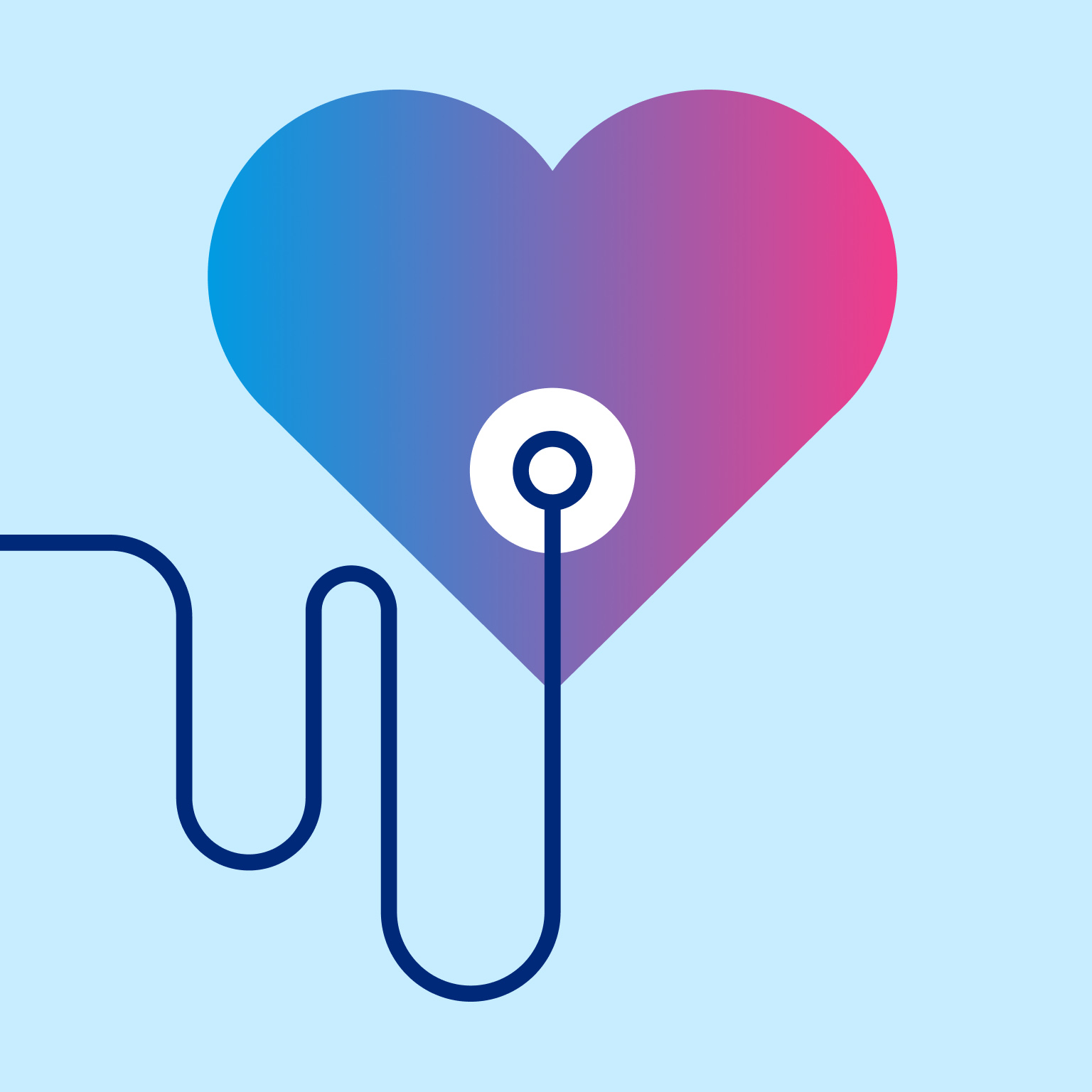
Mercer Marsh Benefits
The right global benefits management program for your organization is one that is built around you. Your industry, your structure, your locations, your people. A program that’s right for you now and for who you want to become.

Retirement
Efficient and flexible retirement programs can help manage associated pension risks and meet the needs of employers and their workforces.

Talent and rewards
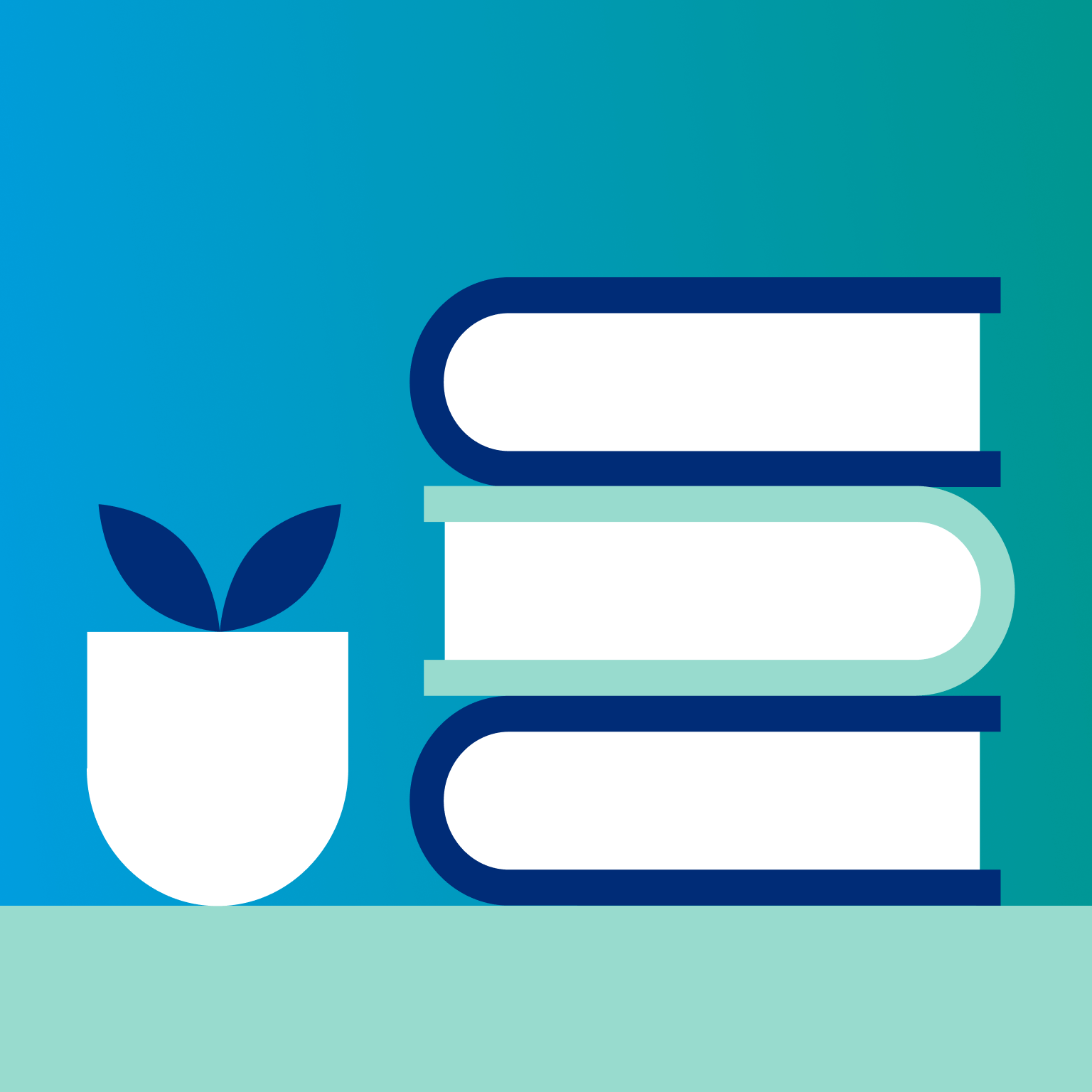
M&A advisory services
Mercer works with corporate acquirers to realize sustainable value in mergers, acquisitions, divestitures, joint ventures, and restructuring and turnarounds.
Health Trends 2025
Life at Mercer
Meet our people
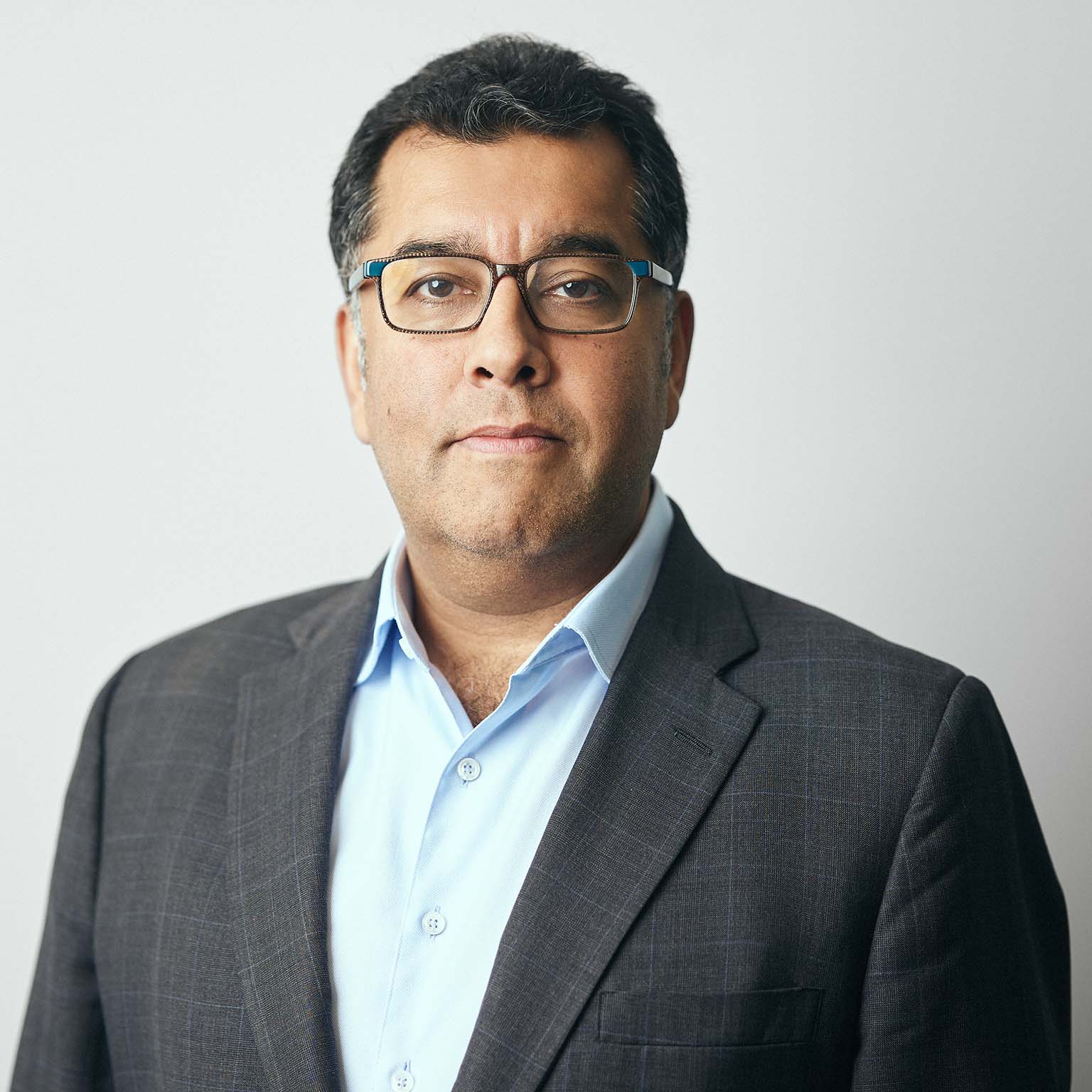
Amit Popat
Global Head of Financial Institutions
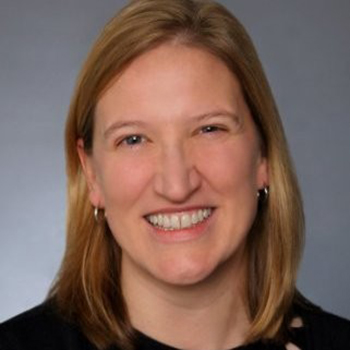
Jean Martin
Global Product Leader

Joan Collar
Asia Pacific Leader, Mercer Marsh Benefits
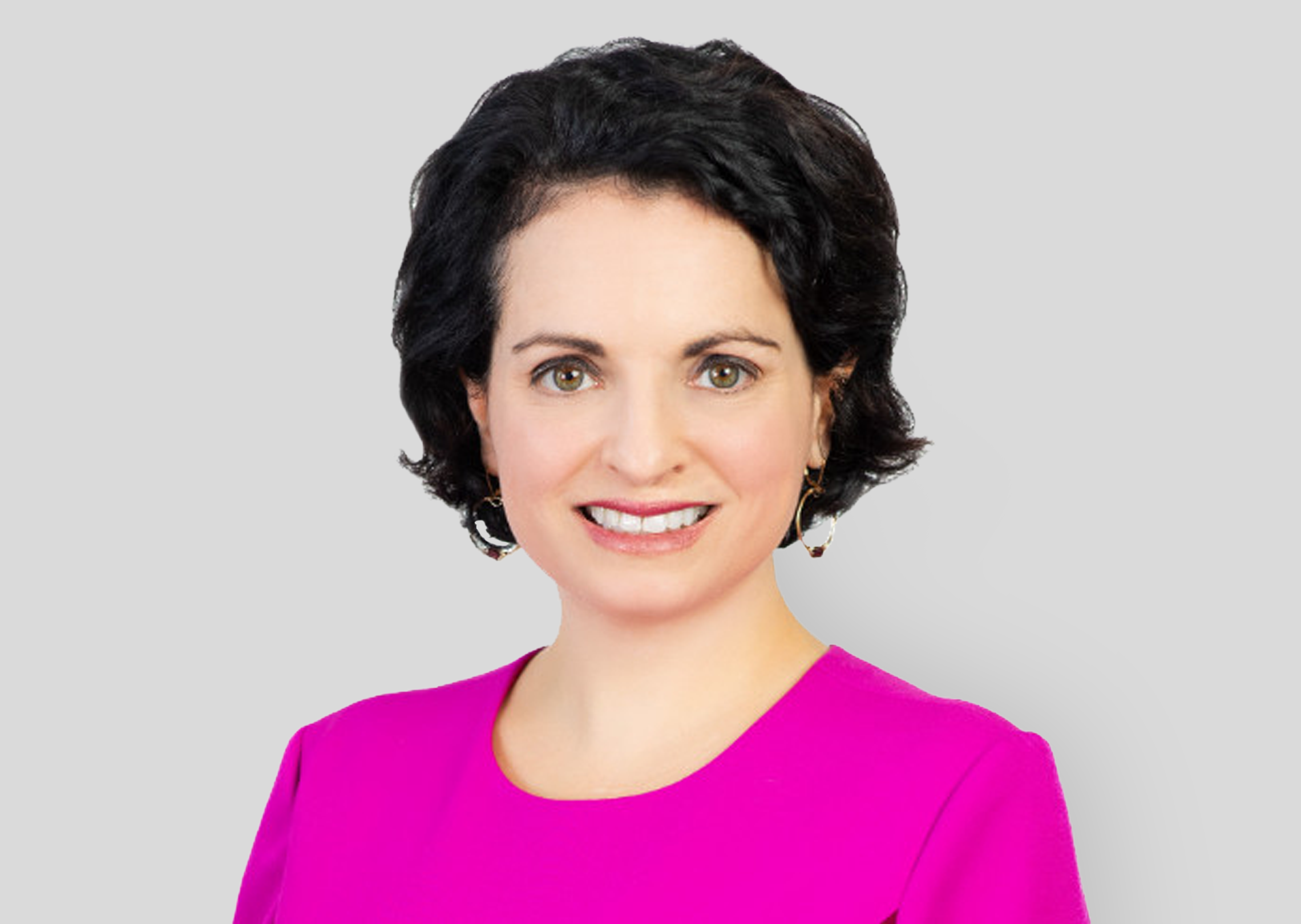
Melissa Swift
US Transformation Leader
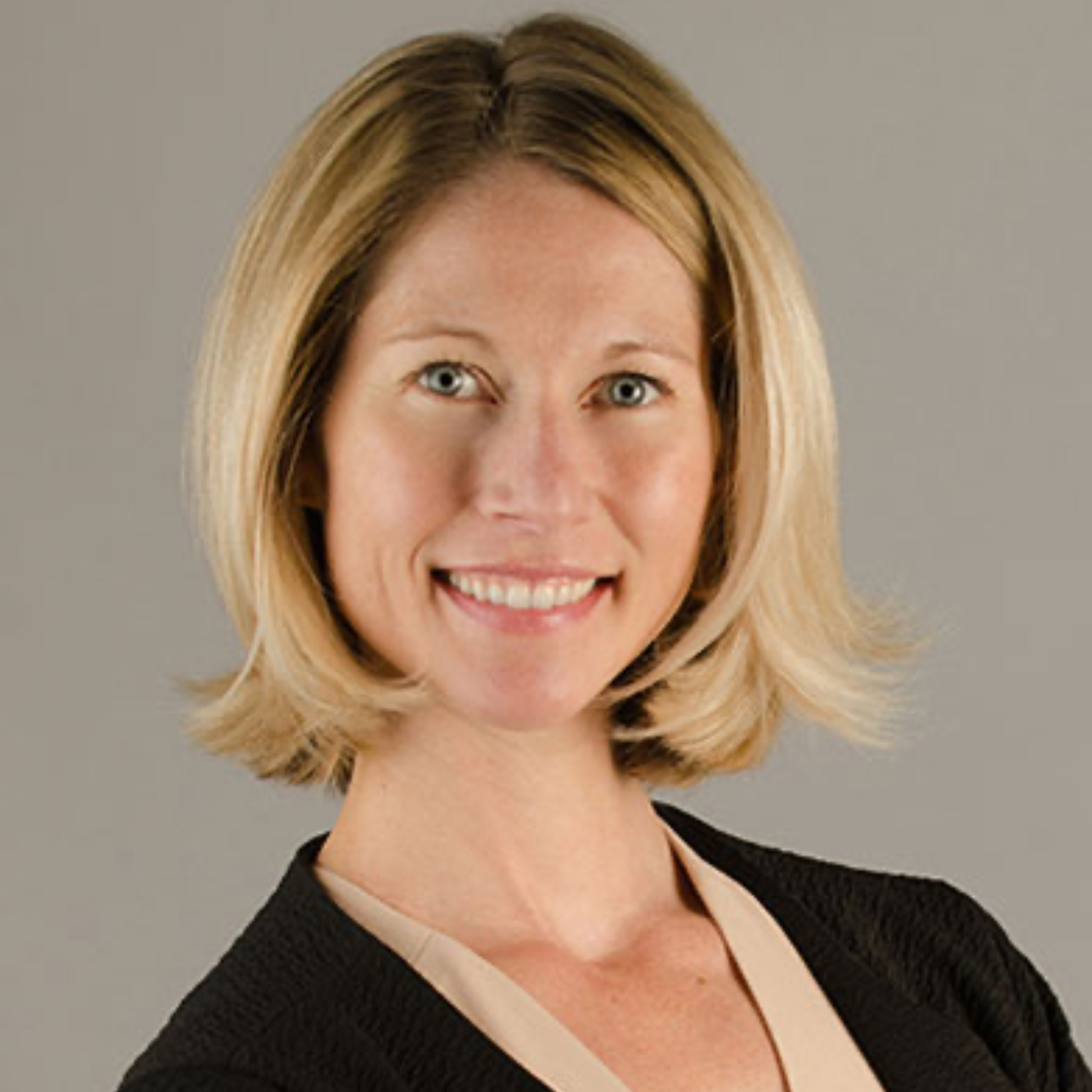
Raelan Lambert
Global Alternatives Leader

Ed Lehman
US Region Business and US Health Practice Leader

Ravin Jesuthasan
Transformation Services Global Leader

Ricardo de Almeida
Latin America and Caribbean Leader, Mercer Marsh Benefits
